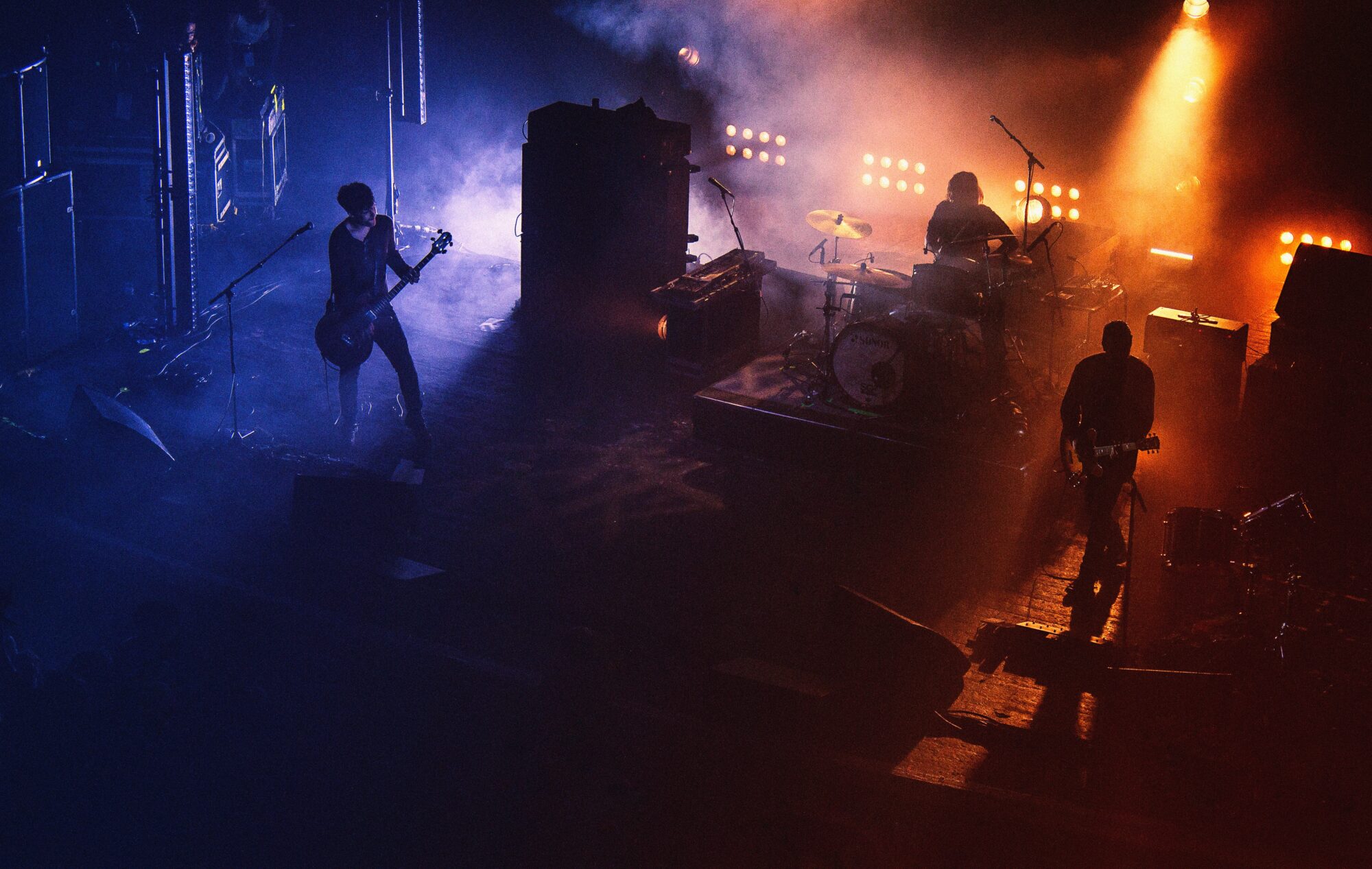Your First Guitar Solo
Playing your first guitar solo can be a thrilling experience. However, for beginners, it can be difficult to know where to start. In this blog, we will discuss three main categories for playing your first guitar solo.
Basic Scales
Scales are a fundamental building block for soloing on the guitar. They provide a foundation for playing melodies and improvising. Here are some basic scales to get you started:
a. The Pentatonic Scale: The pentatonic scale is a five-note scale that is commonly used in rock, blues, and country music. It is a simple and versatile scale that is easy for beginners to learn. To play the pentatonic scale, start on the first note of the scale and play each note in sequence. Link to a pentatonic scale diagram is here.
b. The Minor Scale: The minor scale is a seven-note scale that is used to create a dark and moody sound. To play the minor scale, start on the first note of the scale and play each note in sequence. Link to minor scale diagram is here.
c. The Major Scale: The major scale is the most common scale used in Western music. It is a seven-note scale that is used to create a bright and uplifting sound. To play the major scale, start on the first note of the scale and play each note in sequence. Link to a major scale diagram is here.
Melodic Phrases
A melodic phrase is a group of notes that are played together to create a musical idea. To play your first guitar solo, it is important to focus on creating simple and memorable melodic phrases. Here are some tips for creating melodic phrases:
a. Start with a short phrase: Begin by creating a short two or three-note phrase. This will make it easier to remember and play.
b. Use repetition: Repeat the phrase several times to create a memorable melody. After a few repetitions of the basic melody start to vary the melody by adding in a few notes or changing the rhythm.
c. Experiment more with rhythm and notes from the scales: Vary the rhythm of the notes in your phrase to create interest and tension. Add more notes to your solo. Move up the scale to a higher octave and play up there.
d. End
Soloing Techniques
Once you have a basic understanding of scales and melodic phrases, it’s time to focus on soloing techniques. Here are some techniques to get you started:
a. Bending: Bending is a technique where you push or pull a string to change its pitch. It is commonly used to create expressive and emotional solos.
b. Vibrato: Vibrato is a technique where you quickly and repeatedly bend a string to create a wavering sound. It is used to add expression and emotion to a solo.
c. Sliding: Sliding is a technique where you slide your finger up or down the neck of the guitar to change the pitch of a note. It is used to create smooth and fluid solos.
Tips for Beginners
Here are some tips for beginners to help you play your first guitar solo:
- Start slow: Begin by playing at a slow tempo to ensure accuracy and build confidence.
- Use backing tracks: Practice soloing over backing tracks to simulate playing with a band.
- Listen to other guitar solos: Listen to guitar solos from your favorite songs to get inspiration and ideas.
- Record yourself: Record yourself playing your solo to listen back and evaluate your performance.
- Practice regularly: Practice soloing regularly to improve your technique and develop your own style.
In conclusion, playing your first guitar solo can be a challenging but rewarding experience. By starting with basic scales, creating simple melodic phrases, and focusing on soloing techniques, you can begin to develop your own unique sound and style. With tips for beginners, such as starting slow, using backing tracks, listening to other guitar solos, recording yourself, and practicing regularly, you can improve your technique and become a confident soloist.
Guitar lessons
Booking guitar lessons is a great way to improve your skills and take your playing to the next level. With the help of an experienced instructor, you can learn proper techniques, get personalized feedback, and develop your own unique sound. Whether you’re a beginner or an experienced player, there’s always something new to learn.
If your looking for Guitar lessons online or in the Te Awamutu-Cambridge area you can book guitar lessons here.
